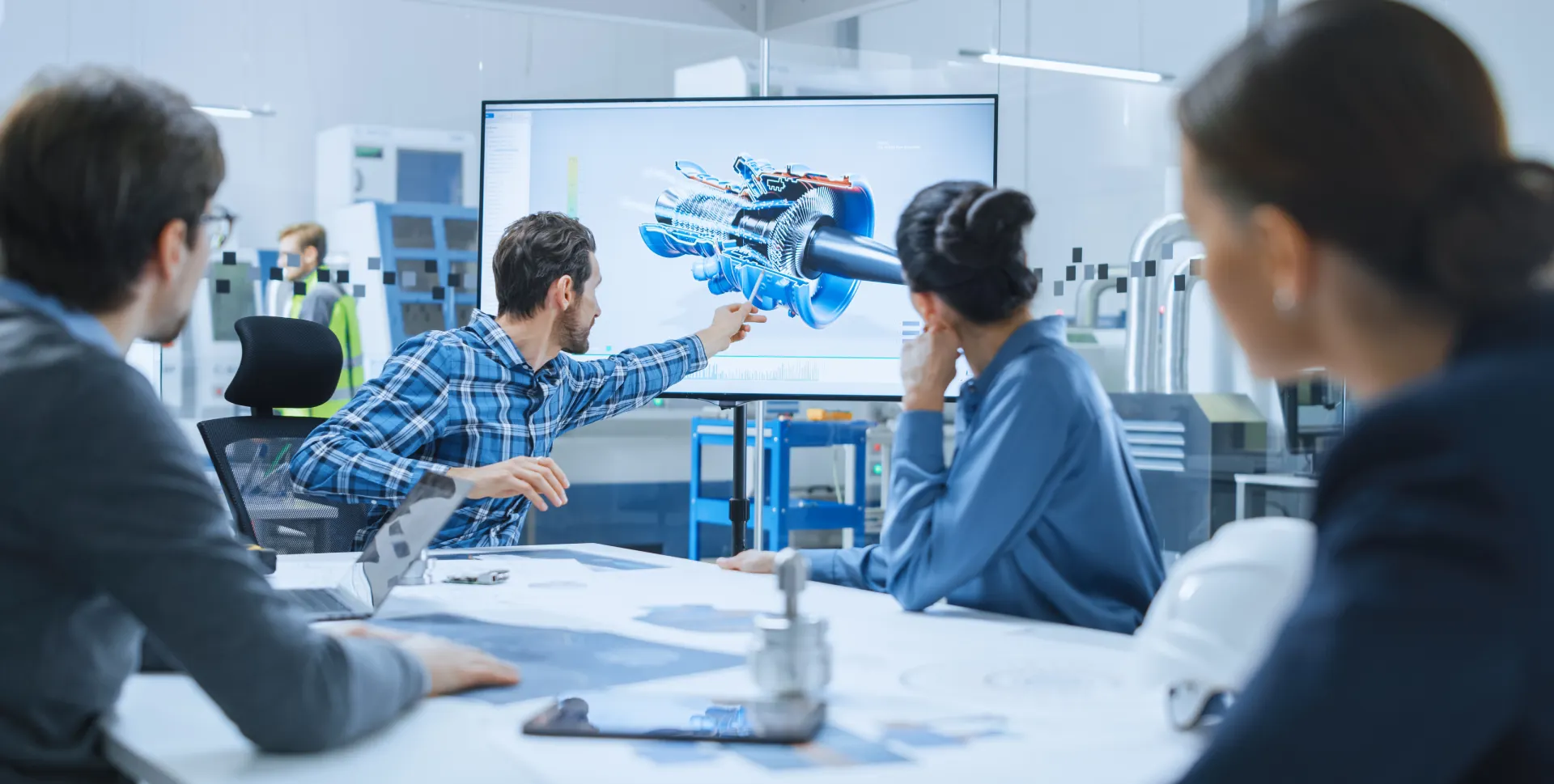
The Role of Innovation in Business: Opportunities and Challenges in CEE – Lithuania
Innovation, digitalisation, and technological advancement drive profound changes in the way businesses operate. The Lithuanian innovation ecosystem is rather young, but it has developed considerably. Lithuania is one of the most advanced EU country in terms of the growth of the Summary Innovation Index. The innovative business sector is the axis of innovation-driven economic growth of the country. However, these breakthroughs come with inherent complexities globally, not just in the EU, particularly in the areas of security, regulatory compliance, and legal oversight. Businesses must navigate these challenges carefully to unlock the full potential of innovation while mitigating risks.
Contact

Intellectual Property in the Age of Innovation
Innovation thrives on creativity but also requires robust protection to ensure breakthroughs are not exploited or misappropriated. In the CEE region, a rapidly evolving business environment, protecting intellectual property (IP) is a critical priority.
The rise of digital tools and AI-based solutions has made the creation and dissemination of IP faster and more accessible than ever before. However, this accessibility also increases the risk of IP theft or infringement, especially for businesses operating across borders. Proper registration of patents, copyrights and trademarks is essential, but enforcement often requires a strategic approach. This includes understanding local IP laws and ensuring compatibility with international frameworks.
Companies must take a proactive stance, combining technology with legal expertise to monitor, protect and defend their intellectual property. Such measures secure competitive advantage and foster an environment where innovation can flourish without fear of exploitation.
Data Protection and Cybersecurity
Digitalisation has transformed industries, enabling businesses to collect, process, and analyse vast data. However, this transformation also heightens vulnerabilities concerning personal data protection and cybersecurity.
The EU’s General Data Protection Regulation (GDPR) sets strict requirements for handling personal data, and businesses in Lithuania must ensure full compliance to avoid substantial penalties and reputational damage. The emergence of additional frameworks, such as the Digital Operational Resilience Act (DORA) and the Network and Information Systems Directive (NIS2), highlights the EU’s focus on strengthening cybersecurity and resilience across industries.
DORA emphasises the need for robust operational resilience in the financial sector, while NIS2 broadens cybersecurity obligations to a wide array of critical sectors. Businesses must align their processes with these regulations, especially those leveraging advanced digital solutions. This includes adopting cybersecurity best practices, performing regular risk assessments, and ensuring secure and compliant data handling processes.
Lithuania is known for its top-level network security engineers, cyber experts, internationally experienced compliance professionals, reliable infrastructure, and strategic initiatives that place it at the forefront of digital defence technology. Lithuania takes the 6th place in the ITU Global Cybersecurity Index. Lithuania is a home for leading cybersecurity firms, including Digital.ai and home-grown unicorn Nord Security, and with a focus on cutting-edge technologies, Lithuania is at the leading edge of cybersecurity innovation.
Navigating Emerging Technologies
Emerging technologies such as artificial intelligence, blockchain and the Internet of Things (IoT) are reshaping traditional business models around the world. Lithuania’s commitment to AI is far from new. In 2019, the country became the second EU member state to release a national AI strategy, setting its sights on regional leadership and deeper integration into the global AI ecosystem. Today, the country is focused on crafting a regulatory framework that nurtures AI innovation. One of Lithuania’s standout initiatives is the planned AI sandbox. This regulatory pilot environment will provide AI companies with a controlled yet supportive setting to test their technologies, fostering experimentation without the immediate pressure of full regulatory compliance. While these technologies offer immense potential, they also raise new legal and ethical issues.
Artificial intelligence, for example, raises concerns about accountability, data privacy, and potential bias in decision-making algorithms. Blockchain, while promising to secure transactions and reduce fraud, challenges traditional regulatory frameworks, particularly in areas such as data sovereignty and anti-money laundering compliance.
Businesses need to take a balanced approach to innovation. Adopting these technologies should go hand in hand with a thorough understanding of their regulatory implications. Involving legal experts early in the adoption process is essential to address emerging risks and ensure that innovative projects are legally sound and strategically resilient.
Conclusion
Innovation and digitalisation offer unparalleled business opportunities in the CEE Region, driving growth and increasing global competitiveness. However, these advances also come with increased security complexities and legal challenges. Protecting intellectual property, ensuring data privacy and navigating the regulatory landscape for emerging technologies are critical to reaping the benefits of innovation while minimising risks.
By taking a proactive and informed approach, businesses can harness the full potential of technological advances while safeguarding their operations against legal and cybersecurity pitfalls. In a rapidly changing world, success lies in striking the right balance between innovation and resilience.



